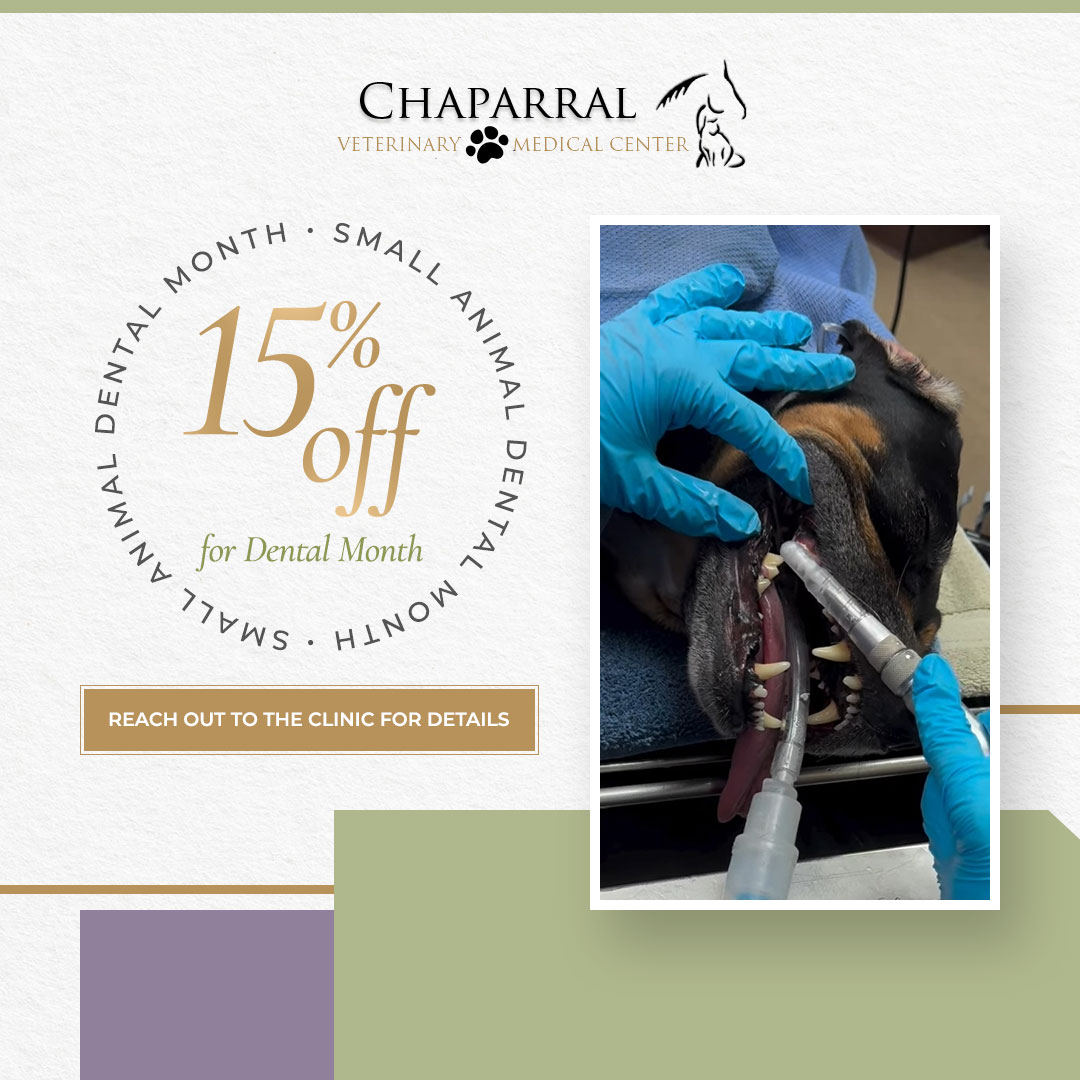Cave Creek, AZ 85331
Geriatric Care for Horses: What Changes As They Get Older?

As your horse ages, it undergoes various changes that likely will mean it requires more care. It’s necessary to adapt their lifestyle and potentially also diet to maintain their skeletal, anatomical, and muscular integrity. Become proactive in taking care of your aging horse.
It also pays to understand the changes horses go through as they age. Here are some facts to do so as you care for your aging horse.
Hoof Care
As your horse ages, you need to upgrade the hoof care. Horses become more susceptible to hoof injuries as they get older. There is an increased risk of:
Abscesses
Fractures
Quarter cracks
Laminitis
When you take more care of their hoofs and increase the frequency of checking them, you will catch issues early. You can deal with them and start treatment to mitigate serious injury. It will also save you costly farrier or vet care. Schedule regular visits to the farrier and vet to diagnose and treat hoof issues that may lead to lameness.
Nutritional Care
You will also need to change your horse’s nutritional care. It means there will be changes to supplements and feeds. They need a change in nutrition and diet care with the changes in their activity levels, body structure, and eating behavior. The feed you give your horse needs to be easily digestible but still provide high-quality nutrition.
You can add fat if there is a need to or give them a completely pelleted feed. These make it easier for the aging horse’s digestive system to assimilate the food. When the food is easier on the horse’s digestive system, it triggers better eating habits. Good eating habits help your horse maintain a healthy weight.
Dental Care
You must schedule dental exams with your vet every six months. As your horse ages, its teeth change. Keep up with these changes through dental exams. As the teeth change due to natural development, it causes weight loss due to difficulty chewing. They may drop foodstuff from their mouths as they chew. You may also notice long fibers or grain in their feces.
Colic Prevention
As your horse ages, the risk of colic increases. It is the number one killer of horses. Thus, you need to be vigilant. It is painful, unpredictable, and frequently unpreventable. However, the good news is that 80 percent of colic types respond to treatment well. Learn the signs of colic and treat them early before it becomes a problem.
Each colic is different, so learn the different ways of sorting each and balance out the factors. Without care, your horse may require surgery.
Body Condition
Horses lose weight as they grow older. Keeping your horse at a healthy weight is one of the best things you can do as a horse owner. You need to provide them with a proper diet good for their digestive system and still high in nutrition. Keep up with their exercise but do not strain it. Give ample time for warming up and you will keep up their strength.
For more information on geriatric care for horses, contact Chaparral Veterinary Medical Center at our Cave Creek, Arizona office. Call (480) 595-8600 to schedule an appointment today.













